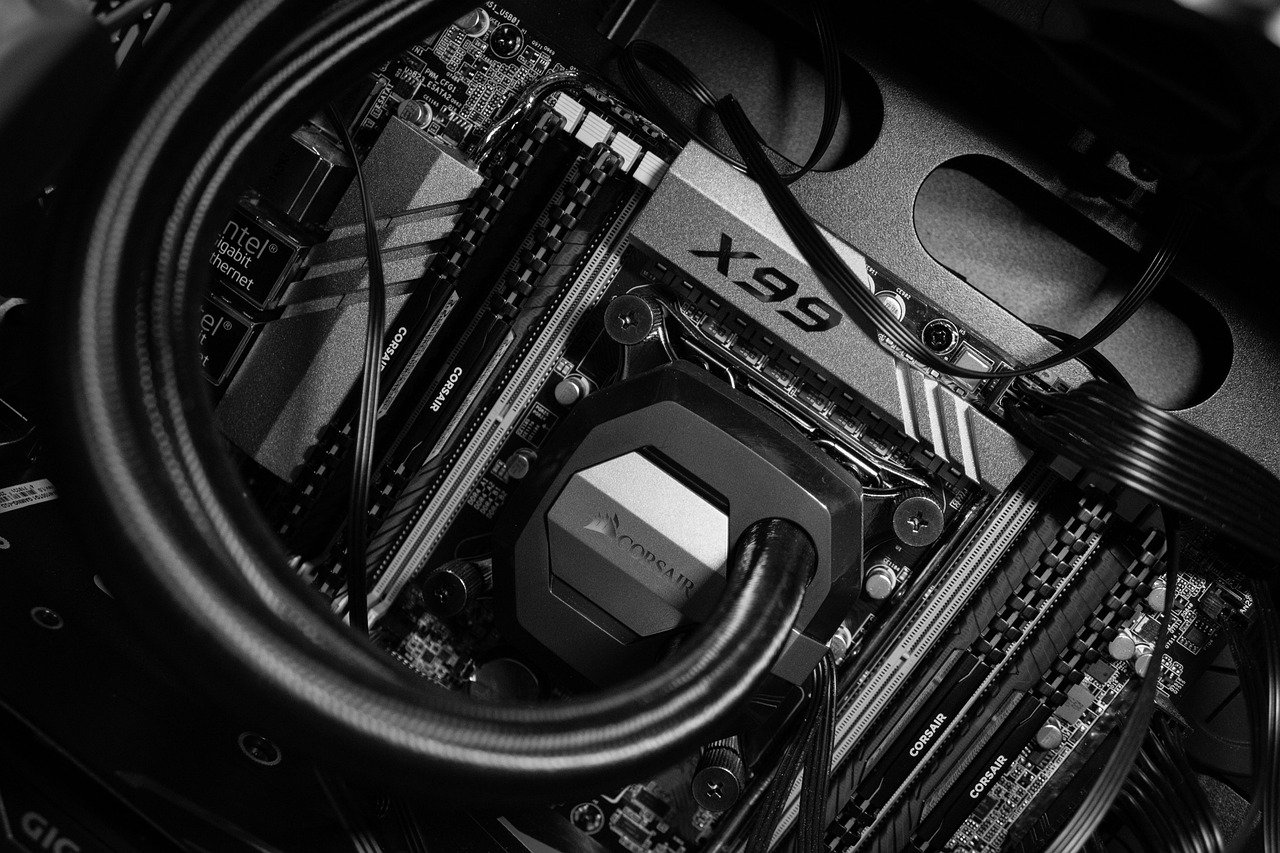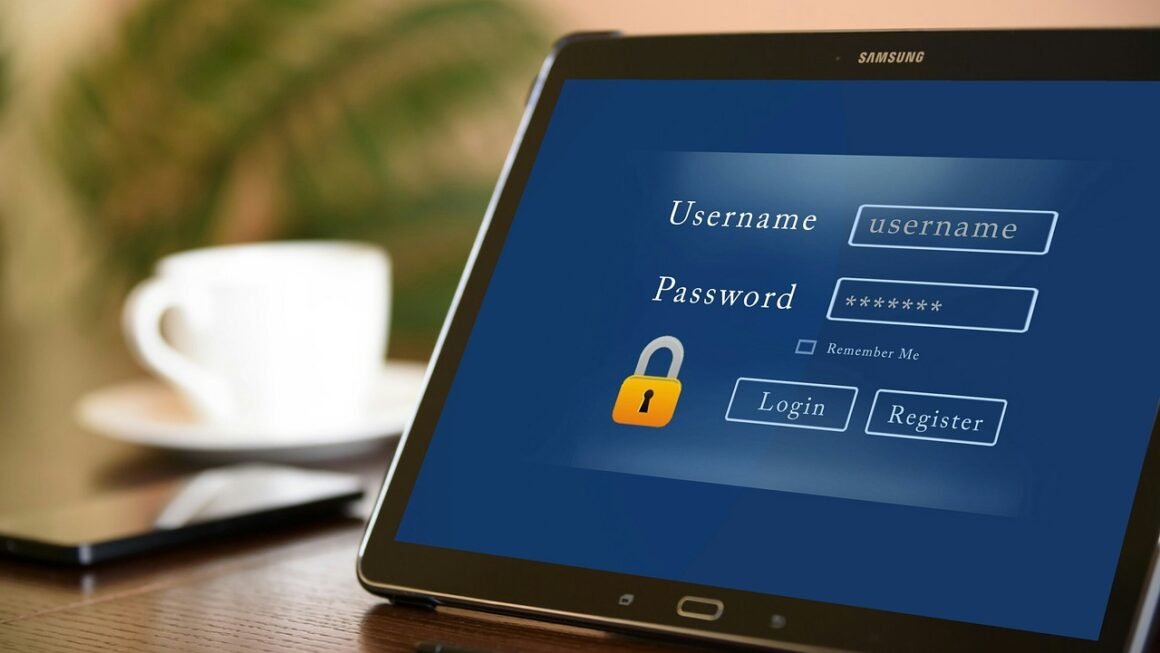In today’s digital landscape, where cyber threats are constantly evolving and becoming more sophisticated, protecting your devices and data is paramount. Antivirus software acts as your first line of defense, shielding you from malicious software, viruses, and other online threats. Choosing the right antivirus solution can be a daunting task, given the myriad of options available. This guide aims to provide you with a comprehensive overview of antivirus software, helping you understand its importance, functionality, and how to select the best solution for your needs.
Understanding Antivirus Software: The Basics
What is Antivirus Software?
Antivirus software is a program designed to detect, prevent, and remove malicious software (malware) from your computer, tablet, or smartphone. Malware includes viruses, worms, Trojans, spyware, ransomware, and other unwanted programs that can compromise your device and data.
How Does Antivirus Software Work?
Antivirus software employs various techniques to protect your system:
- Signature-Based Detection: This is the traditional method, where the software maintains a database of known malware signatures (unique identifiers). When a file or program matches a signature, it’s flagged as malicious.
- Heuristic Analysis: This more advanced technique analyzes the behavior of files and programs to identify suspicious activities, even if they don’t match known malware signatures. This is useful for detecting new or modified malware variants.
- Real-Time Scanning: This feature constantly monitors your system in the background, scanning files and processes as they are accessed or executed.
- Behavioral Monitoring: Similar to heuristic analysis, this monitors the behavior of applications and processes for unusual or malicious actions, such as attempts to modify system files or access sensitive data.
- Sandboxing: This technique isolates suspicious files or programs in a virtual environment (sandbox) to analyze their behavior without risking harm to your actual system.
Why Do You Need Antivirus Software?
Without antivirus protection, your devices are vulnerable to a wide range of cyber threats. Here are some compelling reasons to use antivirus software:
- Protection against Malware: Prevents infection from viruses, worms, Trojans, and other malware.
- Data Security: Safeguards your personal data, financial information, and other sensitive files from theft or corruption.
- Privacy Protection: Prevents spyware from tracking your online activities and stealing your personal information.
- Performance Optimization: Some antivirus solutions include features to optimize your system performance by removing unnecessary files and processes.
- Peace of Mind: Provides a sense of security and confidence while browsing the internet, downloading files, or using external devices.
Key Features to Look for in Antivirus Software
Real-Time Protection
Real-time protection is arguably the most crucial feature. It constantly scans files, downloads, and running processes for threats. A strong real-time protection engine prevents malware from ever gaining a foothold on your system. Without this, you’re relying on after-the-fact scanning, which means the malware has already had a chance to do damage.
Comprehensive Scanning Options
Look for antivirus software that offers a variety of scanning options to suit your needs:
- Quick Scan: A fast scan that checks common areas where malware typically resides.
- Full System Scan: A thorough scan of your entire hard drive, which can take longer but provides a more comprehensive check.
- Custom Scan: Allows you to specify which files, folders, or drives to scan.
- Scheduled Scans: Automates the scanning process, ensuring that your system is regularly checked for threats. For example, you can schedule a full system scan to run every week during off-peak hours.
Ransomware Protection
Ransomware is a type of malware that encrypts your files and demands a ransom payment for their decryption. Effective ransomware protection is essential in today’s threat landscape. Look for features like behavioral monitoring that can detect ransomware activity before it encrypts your files, and file restoration capabilities in case of infection.
Web Protection
Web protection shields you from malicious websites and phishing attacks. It typically includes features like:
- URL Filtering: Blocks access to known malicious websites.
- Phishing Protection: Detects and blocks phishing attempts, which are designed to steal your login credentials or other personal information.
- Download Scanning: Scans downloaded files for malware before they can infect your system.
Firewall
A firewall acts as a barrier between your computer and the outside world, controlling network traffic and blocking unauthorized access. While Windows includes a built-in firewall, some antivirus suites offer enhanced firewall features with greater control and customization.
Additional Features
Many antivirus suites offer additional features that enhance your security and privacy:
- Password Manager: Securely stores and manages your passwords.
- VPN (Virtual Private Network): Encrypts your internet traffic and hides your IP address for increased privacy.
- System Optimizer: Cleans up junk files and optimizes your system performance.
- Parental Controls: Allows you to monitor and restrict your children’s online activities.
- Secure Browser: A hardened browser designed to protect your online banking and shopping transactions.
Choosing the Right Antivirus Software
Consider Your Needs
The best antivirus software for you will depend on your specific needs and usage patterns. Consider factors such as:
- Number of Devices: Do you need protection for one computer or multiple devices (desktops, laptops, smartphones, tablets)?
- Operating System: Ensure that the antivirus software is compatible with your operating system (Windows, macOS, Android, iOS).
- Budget: Antivirus software ranges in price from free to premium subscriptions. Determine how much you’re willing to spend.
- Features: Identify the features that are most important to you, such as real-time protection, web protection, ransomware protection, or a firewall.
- Ease of Use: Choose software that is easy to install, configure, and use. A clean and intuitive interface is important.
Research and Read Reviews
Before making a purchase, take the time to research different antivirus solutions and read reviews from reputable sources. Look for reviews that provide objective assessments of the software’s performance, features, and ease of use. Check independent testing labs like AV-Test and AV-Comparatives for performance data.
Take Advantage of Free Trials
Many antivirus vendors offer free trials of their software. Take advantage of these trials to test out different solutions and see which one best meets your needs. A trial period allows you to experience the software’s features and performance firsthand before committing to a purchase.
Examples of Popular Antivirus Software
Here are a few popular antivirus solutions (in no particular order) known for their effectiveness and features:
- Bitdefender: Consistently scores high in independent tests and offers a wide range of features.
- Norton: A well-established brand with a comprehensive suite of security tools.
- McAfee: Provides strong protection and includes identity theft protection features.
- Kaspersky: Offers excellent malware detection rates and a user-friendly interface (note: consider geopolitical factors and potential data privacy concerns before choosing Kaspersky).
- Avast: A popular free antivirus solution with a solid reputation for protection.
- AVG: Another well-regarded free antivirus option with good detection rates.
Maintaining Your Antivirus Software and Staying Safe Online
Keep Your Software Updated
Regularly update your antivirus software to ensure that it has the latest malware signatures and security patches. Most antivirus programs offer automatic updates, which is the recommended setting.
Run Regular Scans
Schedule regular scans of your system to detect and remove any malware that may have slipped through your defenses. A weekly full system scan is a good practice.
Practice Safe Browsing Habits
Antivirus software is not a substitute for safe browsing habits. Be cautious about clicking on suspicious links, downloading files from untrusted sources, and opening email attachments from unknown senders.
Use Strong Passwords
Use strong, unique passwords for all of your online accounts to prevent unauthorized access. Consider using a password manager to generate and store your passwords securely.
Be Wary of Phishing Scams
Be aware of phishing scams, which are designed to trick you into revealing your personal information. Never click on links or provide your login credentials in response to unsolicited emails or messages.
Conclusion
Choosing the right antivirus software is a crucial step in protecting your devices and data from the ever-present threat of malware. By understanding the basics of antivirus software, key features to look for, and how to maintain your security, you can make an informed decision and enjoy a safer online experience. Remember to prioritize real-time protection, comprehensive scanning options, and a user-friendly interface. Stay vigilant, practice safe browsing habits, and keep your software updated to maximize your protection against cyber threats.



